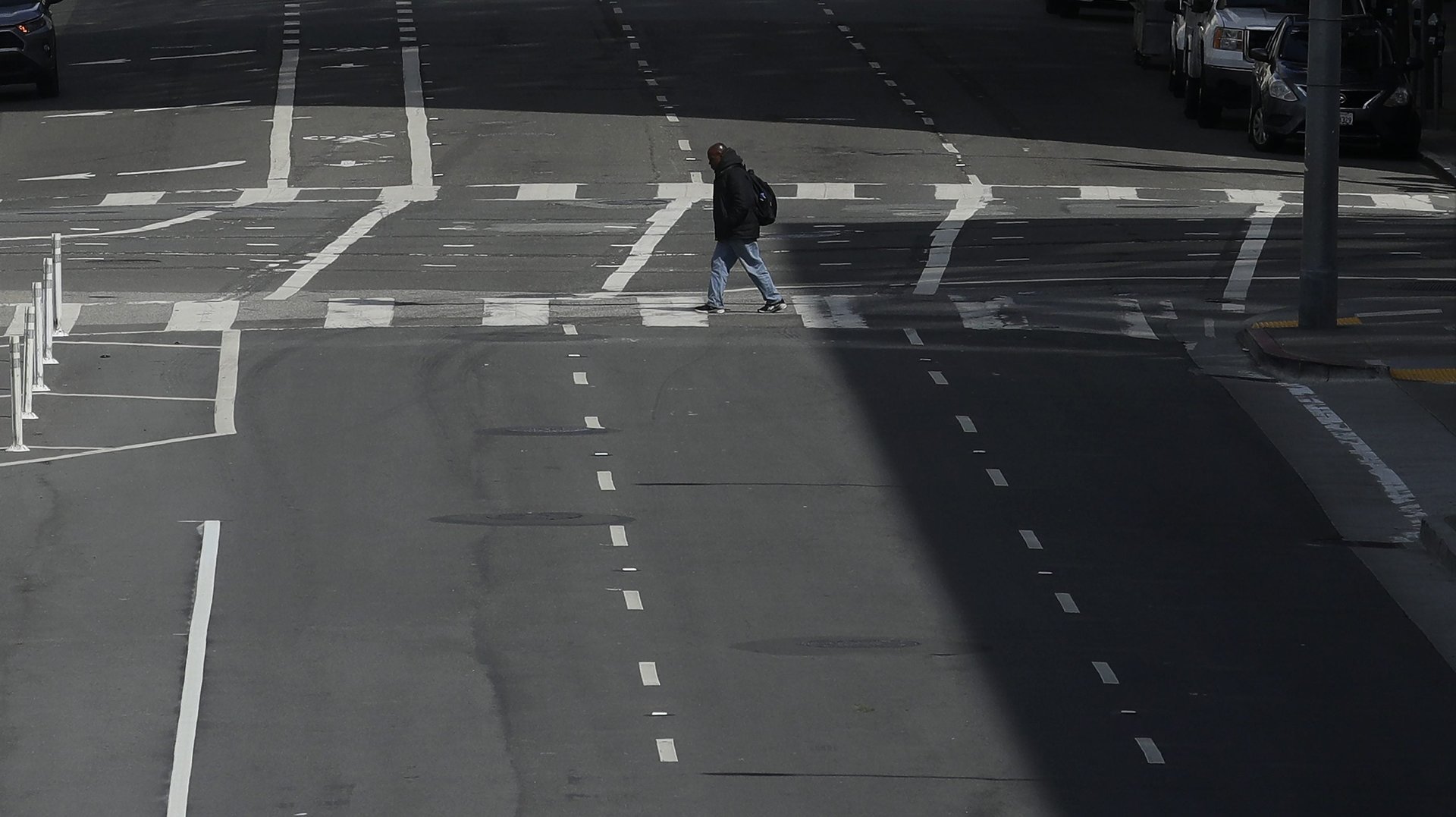Traffic collisions are plummeting in several US cities
In the average week in San Francisco, California, since the start of 2019, there are typically about 260 calls made to 911 about traffic collisions. For the week of March 17-23, there were just 110. It was the fewest number of traffic collision calls over a seven-day period in over 17 years. Economists see this as a sure sign of a struggling economy.


In the average week in San Francisco, California, since the start of 2019, there are typically about 260 calls made to 911 about traffic collisions. For the week of March 17-23, there were just 110. It was the fewest number of traffic collision calls over a seven-day period in over 17 years. Economists see this as a sure sign of a struggling economy.
The coronavirus has almost entirely shut down office life in San Francisco since the March 16th order for residents to shelter in place (pdf). The use of BART, the San Francisco area’s subway system, is down almost 90%, and traffic across the Bay Bridge—which connects San Francisco to Oakland—is down 70%, according to the San Francisco Examiner.
It’s not just San Francisco. The fire department of the city of Seattle, Washington, classified just 28 calls from March 17-23 as involving a “motor vehicle incident.” This is almost 50% fewer than the typical week since the start of 2019. In Los Angeles, California, there were also about half as many traffic collisions reported to the police from March 15-21 as is normally the case.
It seems increasingly likely that the US may see a recession due to the fallout from the coronavirus. Recessions and high unemployment are almost entirely bad news. They cause financial and emotional pain, and harm those in poverty most. But one small upside to recessions is that they may actually lower death rates. Researchers have found that recessions lead to decreased mortality (pdf). These declines are mostly a result of fewer motor vehicle collisions and heart attacks. The crash decline is a result of fewer people commuting to work, as we can see in the recent San Francisco 911 data, and researchers believe heart attacks may be less common due to the loss of stress from work.
A coronavirus-led recession may be different, though. Mortality caused by the virus may outdo any decline in deaths from everyday activity. This is a pandemic for which it is hard to find any silver linings.